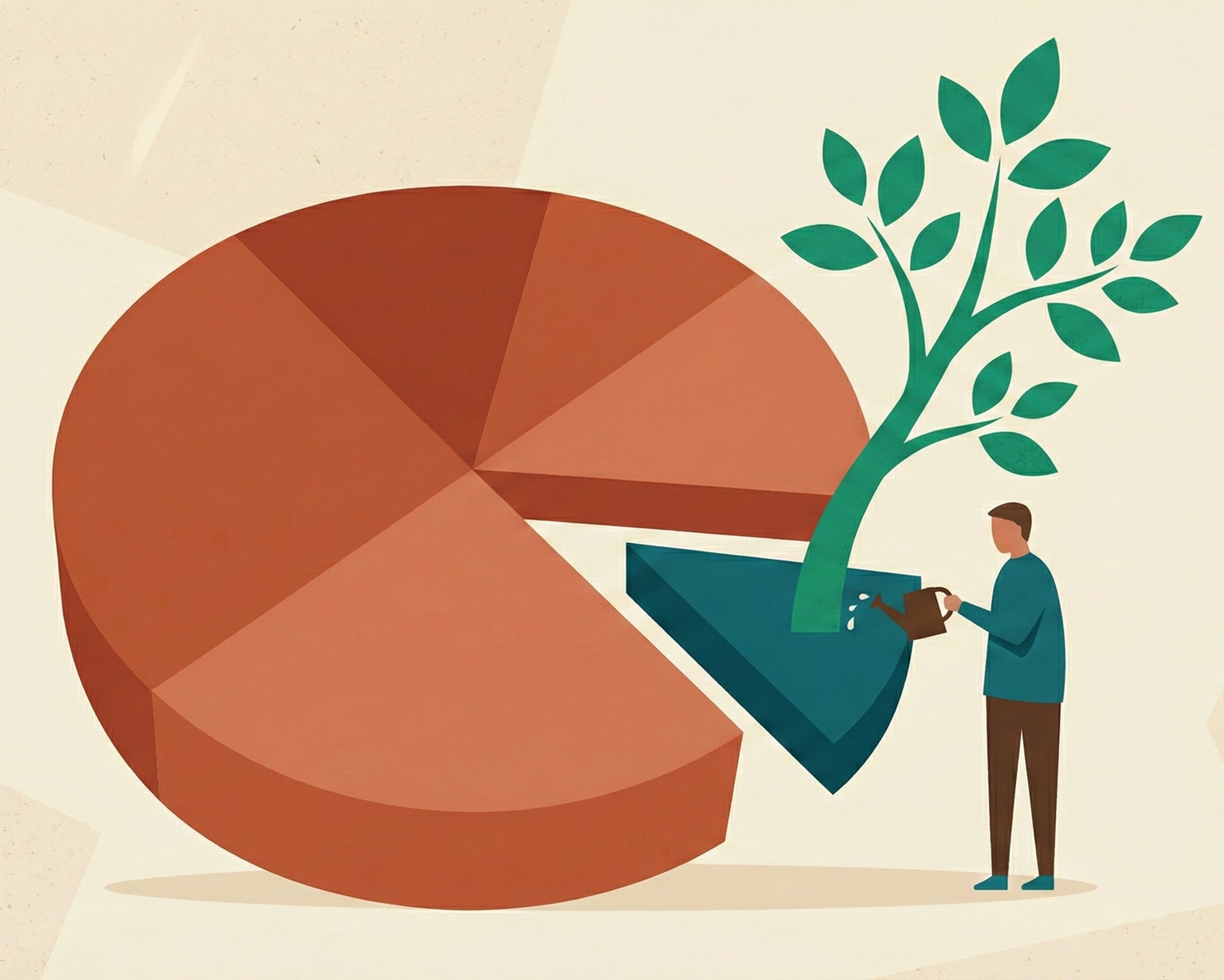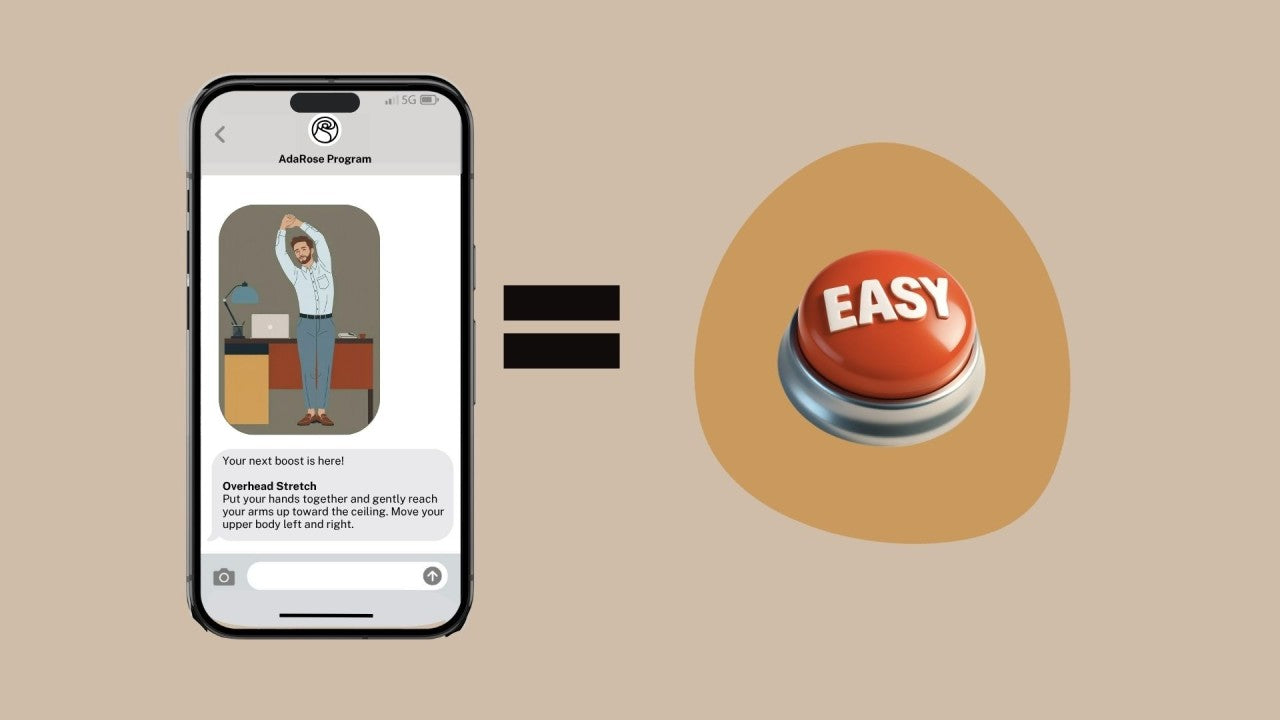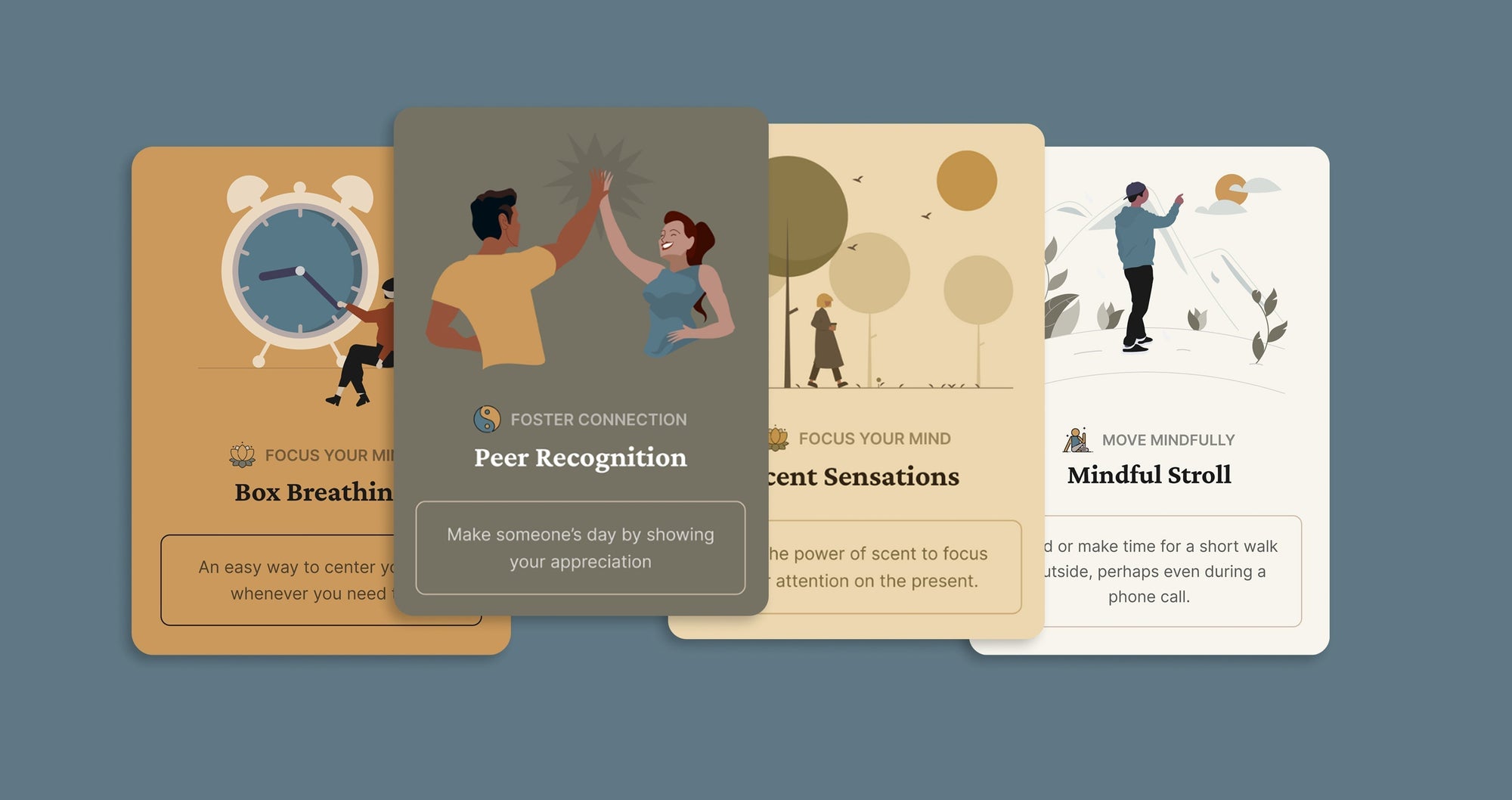The holiday season is nearly upon us.
Giving is synonymous with the winter holidays. Sure, it feels good in the moment to give to others, but did you know that giving can also benefit your health in physical ways?
How does giving to others help you?
Dr. Jonathan Fisher is a cardiologist who actually prescribes gratitude to all of his heart patients. Why? Among other research findings, Dr. Fisher says a “gratitude practice has been shown to reduce markers of inflammation (and ongoing damage) and improve heart rate variability (HRV), which is a marker of heart health and resilience.”
See his interview segment on this topic on WCCB TV in Charlotte, North Carolina.
According to Christina Karns, a neuroscientist at the University of Oregon, "It turns out that the neural connection between gratitude and giving is very deep, both literally and figuratively. A region deep in the frontal lobe of the brain... is key to supporting both. ...This region is wired up to be a hub for processing the value of risk and reward; it’s richly connected to even deeper brain regions that provide a kick of pleasurable neurochemicals in the right circumstances."
Karns' research shows that people who practice gratitude train their brains to appreciate giving more, and to derive more joy (and, by extension, quite likely health benefits) from it.
In addition to the health benefits generally associated with gratitude and giving, there are also many ways to integrate physical health directly into the process of fundraising and other giving activities. For example, in years past my family and I have run the Trot for Hunger, a race on Thanksgiving morning that raises money for So Others Might Eat (SOME), a nonprofit that supports people through food and other community services.
Creative and fun ways to find joy in giving to others
Some fundraisers take health benefits to an even higher level: they push you to exercise while benefiting an explicitly health-related cause—that’s contributing to your own and the community’s health in multiple ways at once!
Since the pandemic, many “healthy” fundraisers now offer virtual options, or are even entirely virtual. For example, the Sharp Index has organized a virtual race called Turnout4Burnout (with 5K, 10K, kids’, and walk/run options) now through December 28, 2024. This one benefits healthcare heroes, including physicians and other clinicians.
Another great example of a health-related fundraiser was the Movember4PD, organized by the incredible family of Jimmy and Cherryl Choi, who have shared their story with AdaRose (see our interview with Jimmy here). Jimmy is a Parkinson’s patient who is also an American Ninja Warrior contestant and World Record holder in pushups and burpees. As if that weren’t enough, he’s also helped to redesign pill bottles via his TikTok account (!).
Movember involved moving each day in November and raising money for Parkinson’s research, specifically through the Michael J. Fox Foundation.
Including family in giving
A few years ago I did a search for volunteer opportunities in my region (Washington DC) that are open to kids. At the time, many of the opportunities I saw (such as volunteering in a soup kitchen) were restricted to adults.
Even if that is the case in your area, you may be able to create your own opportunities. For instance, because I was familiar with the Shirley’s Place drop-in day center for people experiencing homelessness through Girl Scouts, our family carried over to them a donation of coats and hats.
Speaking of Girl Scouts, the organization promotes the idea of dividing income for kids (whether it’s allowance or something they earn) into three categories: spend, save, and give. Until very recently our daughters used a jar that had three sections to divide their money, and we’d discuss where they wanted to donate their “give” money at the end of each year.
Unique ways to give back
Giving doesn’t always have to mean money, or even volunteering time. An organization we’re loving is RecycleHealth, which collects used fitness trackers, refurbishes them, and distributes them to members of underserved populations.
Donate your old clutter, support the environment, and improve other people’s health simultaneously! Check out my interview with Dr. Lisa Gualtieri about RecycleHealth and how it helps the community.
Another unique gift idea this holiday season is an AdaRose wellness box for someone you care about. We have two great options to choose from: the AdaRose Spa in a Box and/or the AdaRose Work Break in a Box.
What's better than giving the gift of health? Both of these boxes offer a curated kit of wellness products, along with lifetime access to on-demand video guidance by experts.
Whatever else you may give this season, please remember to give thanks for all the good things in your life. Thank you for reading, and please share any ideas or suggestions you may have in the comments section!





